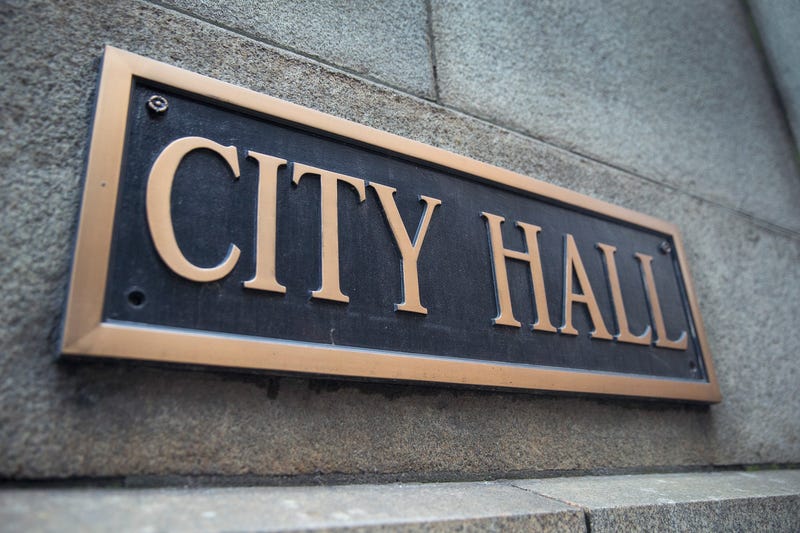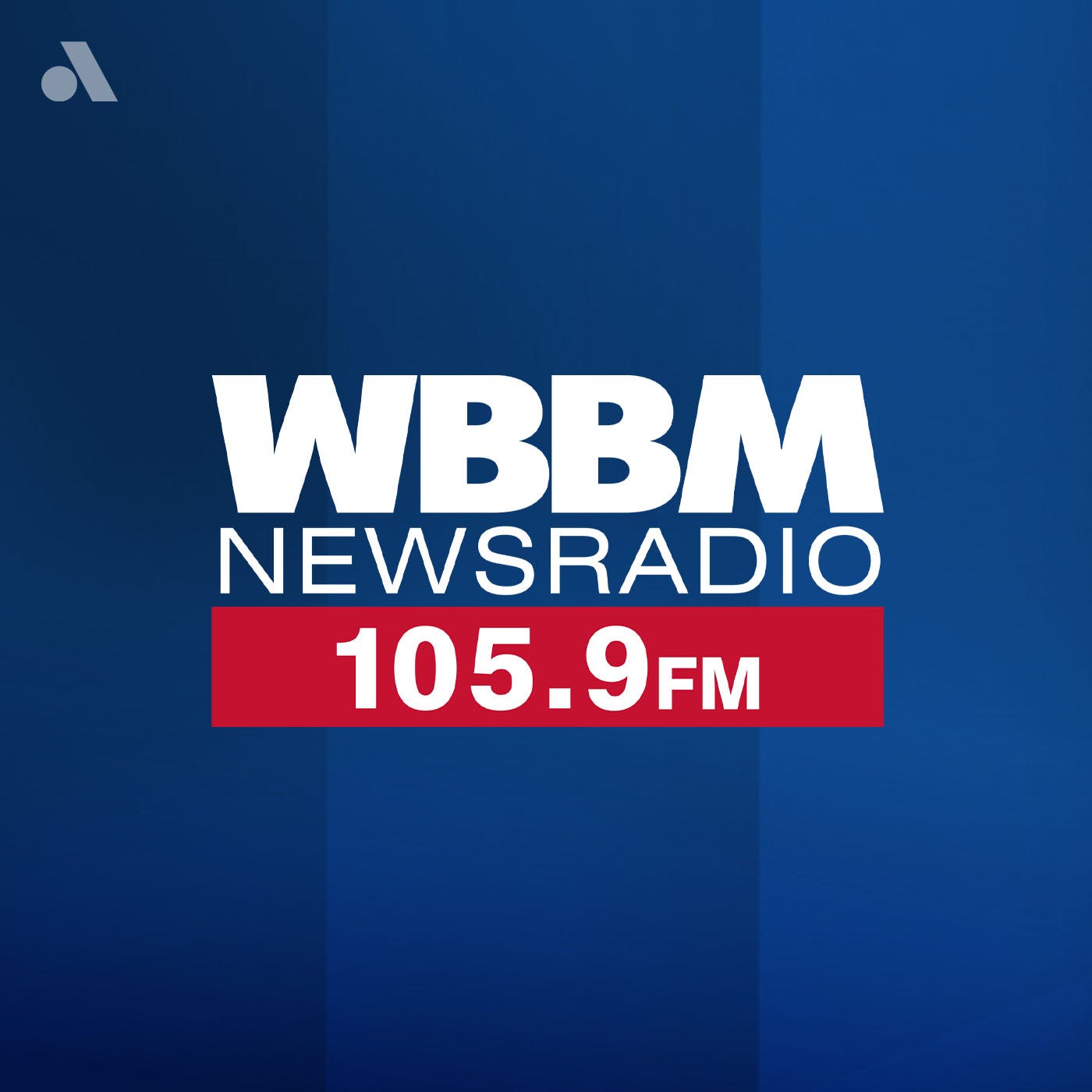
Mayor Lori Lightfoot’s executive order turning back the clock and age of Chicago’s seldom-enforced curfew law — from 11-to-10 p.m. for minors under 18 instead of under 17—will not have the weight of law behind it. At least not for a few days.

Two mayoral allies — Emma Mitts (37) and Nick Sposato (38th) — made certain of it on Monday by using a parliamentary maneuver to postpone a final vote on the mayor’s curfew ordinance after a barrage of criticism from all sides. That sets the stage for a final vote on Wednesday.
Aldermanic allies and enemies alike have condemned the crackdown as a toothless and desperate response to a deadly outbreak of youth violence in the downtown area that prompted a mass shooting outside a McDonald’s at Chicago Avenue and State Street and the fatal shooting of a teenager at Millennium Park.
Ald. Ray Lopez (15th), a mayoral challenger and Lightfoot’s most outspoken critic on the council, has further warned that demoralized, inundated and overworked Chicago police officers will, once again, be yanked out of neighborhood CPD districts “so we can have the curfew patrol downtown.”
Other alderpersons have noted the paltry — and declining — number of curfew citations the Chicago Police Department issues even under Chicago’s existing law and how those numbers have declined.
From 2,453 citations in 2018, the tally dropped to 1,804 in 2019, then 635 in 2020 and just 364 citations last year. So far this year, 98 citations have been issued.
“We amend an ordinance that doesn’t seem to even be enforced or, if it is enforced, is not effective or is not enforced against the parent or guardian or is not enforced against the owner operator of an establishment who knowingly allows a minor to remain on the premises,” Ald. Edward Burke (14th) said during Friday’s committee hearing.
“These curfews don’t work to begin with. … This is ridiculous. It’s preposterous.”
Lightfoot told reporters last week the precipitous drop in arrests is easily explained. The goal, she said, is not “mass arrests of young people” but to “make sure that our young people know what the rules are and that they … follow those rules without having any kind of other incident.
“Officers go up to the children. They tell them that there’s a curfew. They ask them where they’re going and help them get on their way — direct them to a train or bus,” the mayor said.
“If the child, for whatever reason, isn’t respectful of the curfew and reuses to disperse, then the office has the right to take the action to arrest” and detain the minor until a parent or guardian picks them up.
The mayor’s explanation wasn’t enough to satisfy former rapper-turned-Ald. Andre Vasquez (40th).
He recalled having been “kicked out” of Grant Park and Navy Pier every weekend, “because I was a person of color out there literally just playing music with friends.” Meanwhile, “I would watch other white kids completely get passed over. They wouldn’t even talk to them.”
Vasquez has warned the mayoral exception for youth attending “ticketed or sponsored events with a wristband or ticket stub to prove it would lead to the same “racial profiling.”
Ed Yohnka, a spokesman for the American Civil Liberties Union of Illinois, has similar concerns. On Monday, Yohnka pointed to the week-long curfew crackdown in the wake of protests in 2020 over the murder of George Floyd by a Minneapolis police officer. Those protests were followed by rampant looting in many locations around the city.
“There were 900 arrests. Three quarters of those arrests were African Americans. That tells us that, when you have a broad law that allows for people to be stopped, questioned and potentially detained, it can be enforced in a discriminatory way,” Yohnka said.
If the council does approve the stricter curfew, the ACLU still could go to court to try to delay or overturn it.
“Everything’s on the table. We’re certainly not taking away the option of suing,” Yohnka said.
Last week, the ACLU sent the mayor a “long list of questions” about the curfew crackdown and the companion weekend ban on “unaccompanied” minors at Millennium Park.
Lightfoot’s office has yet to provide a single answer, Yohnka said Monday.
“If nothing changes, we will consider suing,” he said.
“People gather in large crowds all over the city all the time. There are 40,000 people [at Cubs games] at Wrigley Field. There are thousands of people at the annual Gay Pride Parade. What is this sudden emergency that police can’t do crowd control?”
(Source: Sun-Times Media Wire & Chicago Sun-Times 2022. All Rights Reserved. This material may not be published, broadcast, rewritten, or redistributed.)
Listen to WBBM Newsradio now on Audacy!
Sign up and follow WBBM Newsradio
Facebook | Twitter | Instagram


